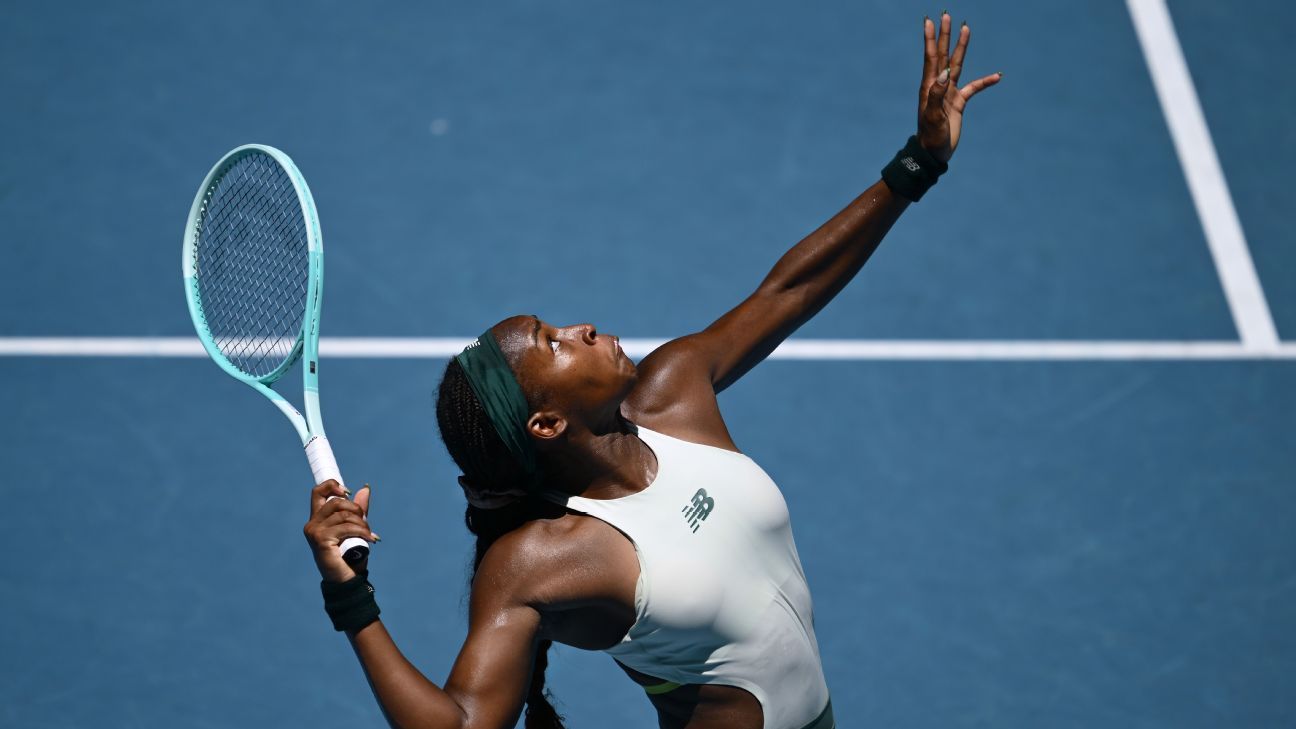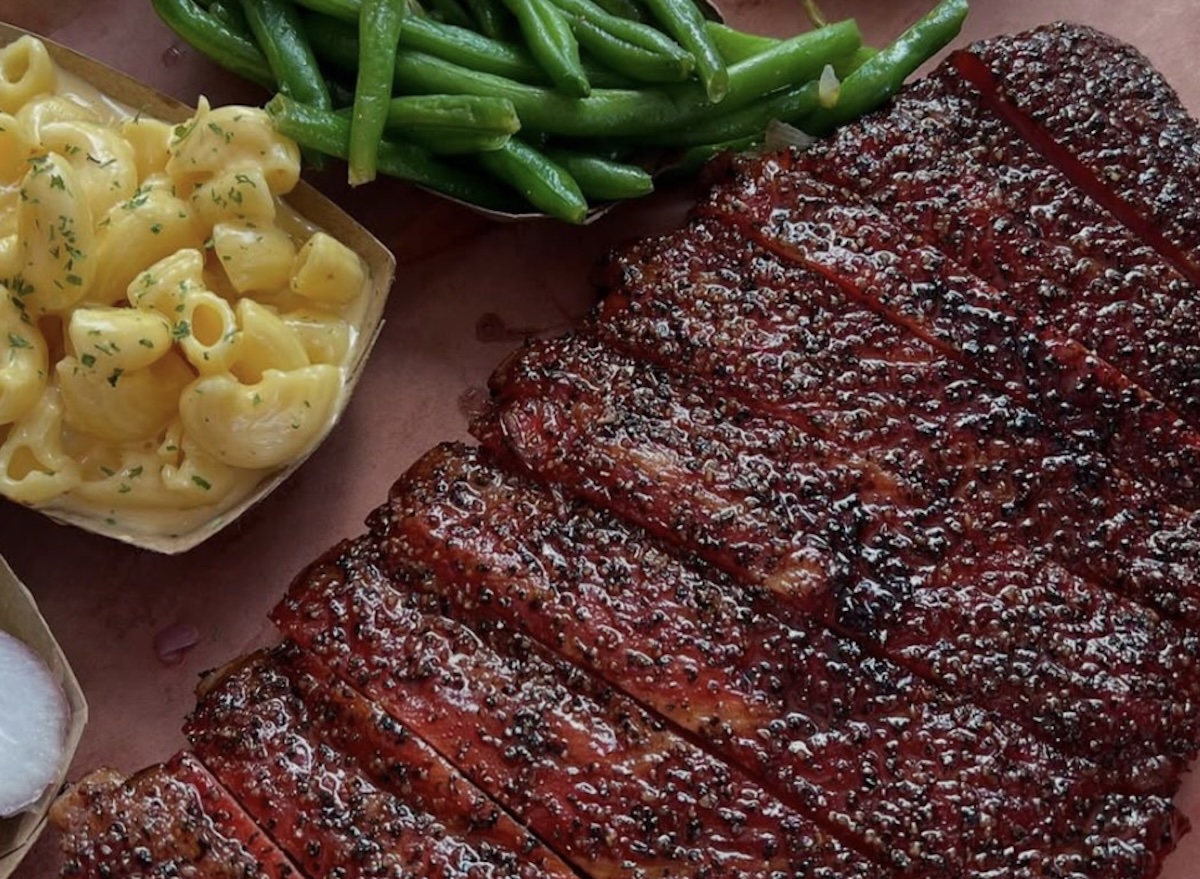And when it comes to the way we spend money, the decisions we make are just as personal, Housel, a partner at Collaborative Fund, writes in his new book, “The Art of Spending Money.”
“It’s an art because it’s subjective,” Housel told CNBC.com in an interview ahead of the book’s Oct. 7 publication.
Those decisions are crucial to building and maintaining wealth, he says: “Wealth is always a two-part equation — it’s what you have minus what you want.”
How people aspire to spend their money is often strongly influenced by society, marketing or social media, Housel said.
But those spending habits may not actually make you happy in life, he said. And what you value today may not be what you value 20 years from now.
“I think the biggest aspect is that you have to figure it out for yourself,” Housel said.
CNBC spoke with Housel about how to balance social expectations with personal values, and the questions we need to ask ourselves to better align our spending and values.
The conversation has been edited and condensed for clarity.
‘If nobody was watching, how could I live?’
Morgan Housel, author of “The Psychology of Money” and partner at the Collaborative Fund.
Morgan Housel
Lorie Konish: You write about external versus internal benchmarks when it comes to spending. What are some examples of that?
Morgan Housel: Buying a bigger house might make you happier if it makes it easier to have your friends and family over. But it’s the friends and family that are making you happy. That’s the internal benchmark. Spending money on a vacation might make you happier if it’s the only time that it allows you to detach from your daily life and from your job so that you can spend time with your friends and family. But you have to acknowledge that it is that that is making you happy.
The external benchmark would be trying to get the attention, mainly of strangers. And a lot of people do that. I do this. It’s a very normal and natural thing, the assumption of, if I had this car, if I was wearing these clothes, if I lived in this house, if I posted these pictures on social media, other people will respect and admire me.
It’s not that it is black-and-white false in that situation, it’s that we overestimate how much strangers are paying attention to you. Because the truth is, most of the time they are thinking about themselves. They’re thinking about their own car, their own clothes. And if they do look at you and say, “Wow, she has a really nice car,” they’re probably not admiring you. They’re imagining themselves in that car and daydreaming about the respect and admiration they would receive.
LK: It’s like that choice between utility and status that you write about, with utility making your life better and status changing other people’s opinions of you. Should you be striving for one over the other?
MH: I think we have to acknowledge that status is not a bad thing. I engage with it. We all do in our own way. If you were to dress exactly as you wanted to, that fits your personality, it might exclude you from certain social groups and job opportunities.
So, having a certain level of status signaling is not bad. The point is, we overestimate the respect and admiration we’re going to get from it.
If nobody was watching, how could I live? If nobody except maybe my immediate family could see the way that I was living, how would I choose to live? I would not want a fancy sports car. I would probably want a nice pickup truck that gave me a lot of utility. I would not want a house in the most exclusive, expensive zip code. I would want a house with a beautiful view, wherever that might be. If nobody was watching, I would just want to do X, Y and Z that really feeds my soul and makes me happy.
The knee-jerk reaction is to lean more towards the social signaling side, because so much of the modern world is geared towards that. It’s always a balance. It’s just that our balance tends to be in the wrong direction.
‘What actually matters in terms of building wealth’
LK: You write that FOMO, the fear of missing out, is one of the most dangerous financial reactions to exist. How can we avoid that?
MH: If I see somebody getting wealthier, that’s only a small part of what’s going on behind the scenes. And there’s a great quote from [entertainer] Jimmy Carr where he says, “Everyone is jealous of what you’ve got, no one is jealous of how you got it.” And so even if you can see somebody getting wealthier, you can’t see the quality of their relationships, you can’t see their health, you can’t see their confidence. You can’t see all these other things that make an enormous impact and the quality and the happiness of their life.
What actually matters in terms of building wealth over the course of your life is not how quickly you got rich this year, it’s how long you can keep your compounding going. If you can earn nearly average returns for an above-average period of time, you can do extraordinarily well. The normal intuition among even very smart people is that if you want to get rich, you need to do it fast, very quickly. And it is not intuitive, even if it is accurate and right, that the way to actually get rich is to be merely average for a very long period of time.
That’s why FOMO can be so dangerous. It pushes us towards the wrong end of the equation. It pushes us towards getting rich fast, whereas I think the much more durable way to actually build a big fortune is to get rich slow.
LK: We’re constantly making spending decisions that will influence our futures versus what we enjoy today. How do we strike a balance there?
MH: It’s never as simple as, spend your money today, live for today, like the YOLO attitude. And it’s never as simple as, save for tomorrow, you need to compound your money and build your wealth. It’s always just a balance of, what are you going to regret in the future?
Everyone’s propensity for regret is going to be different. Yours is different from mine, and vice versa. Looking back at your life at some point in the future, whether that’s a year from now or 50 years from now, what are you going to look back on and say, I wish I did that differently?
This was an idea I got from Daniel Kahneman, the late psychologist, where he said if you want to be a good investor, you need a very well-calibrated sense of your future regret. Volatility in the stock market is only a risk to the extent that you’re going to regret it at some point in the future. If you ask most investors today, “How much do you regret the fact that you experienced the bear market of 2011?”, they’re going to be like, “What? I forgot that even existed. I don’t even think about it anymore.” So it wasn’t actually a risk.
‘Wealth is always a two-part equation’
LK: You write about the parable of the Mexican fisherman, who works only a few hours a day. He then meets an American businessman who advises him to work hard for 10 years and invest and grow his business so that he can then retire and work for a few hours a day. The irony is that he already has that lifestyle. We have this concept of always needing more, but when do you have enough? And how do you get comfortable with that?
MH: I want to live in a society in which the vast majority of people wake up every morning and say, “This is not enough,” because that’s the seed of innovation. That’s the seed of progress. The reason that I think my kids and grandkids will live in a much better world than you and I do today is because they and their peers will wake up every morning and say, “It’s not enough. I need to go solve more problems, build more wealth.”
This is not a societal problem. This is a societal benefit. But at the individual level, it can create a situation where your dreams are always one step away and you never get any kind of fulfillment in life.
Wealth is always a two-part equation — it’s what you have minus what you want.
Almost all of our emphasis and effort in the financial world goes towards the former, how can you have more? How can you build more? I think the second half of that equation is actually more important part, because some sense of control over it. I have no control over what the stock market’s going to do this year, but I do have control over what I want and my ability to be a little bit more content.
When people daydream about having a bigger house or a nicer car, by and large what they are doing is they are imagining themselves being content with those things in the future. You imagine yourself in that house saying, “This is all I want. I don’t need anything else.”
So a lot of times when people are chasing happiness with money, part of the problem is that happiness is always a fleeting emotion. No one is happy for extended periods of time. If I tell you a funny joke, you don’t laugh for 10 years, you laugh for 30 seconds.
What we’re going for is contentment, just getting to a point where we say, “I’m good and I appreciate what we have.” It’s much easier said than done. A lot of my material aspirations are to impress strangers. And when I remind myself that no one’s paying attention, then those desires tend to drop. No one’s thinking about you as much as you are.
When you come to terms with that, you can use your money for something that is actually way more valuable to you, which is independence.







Leave a Reply